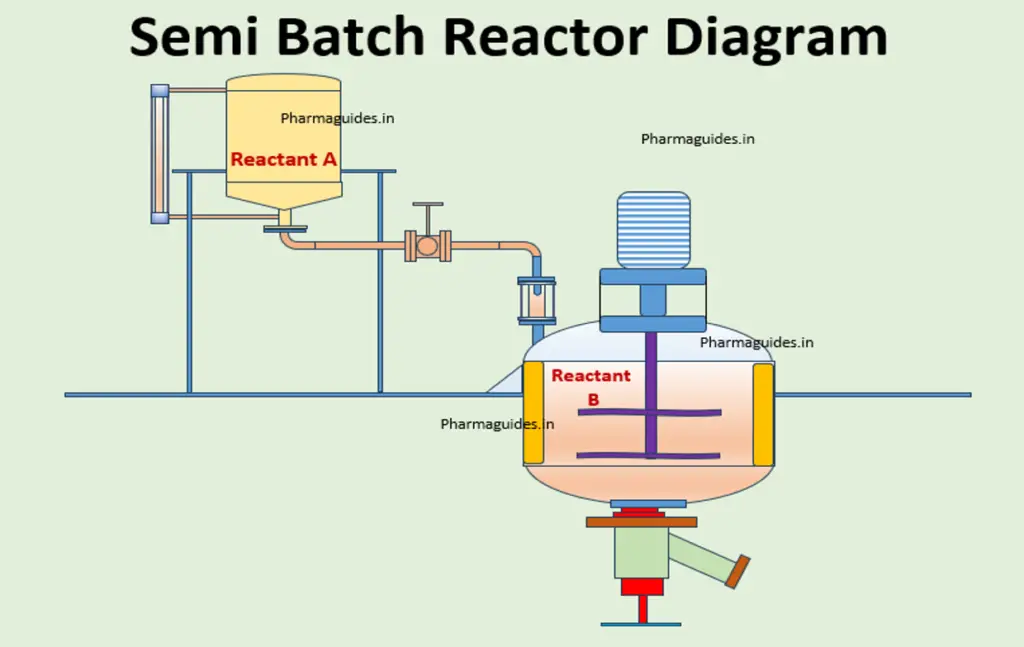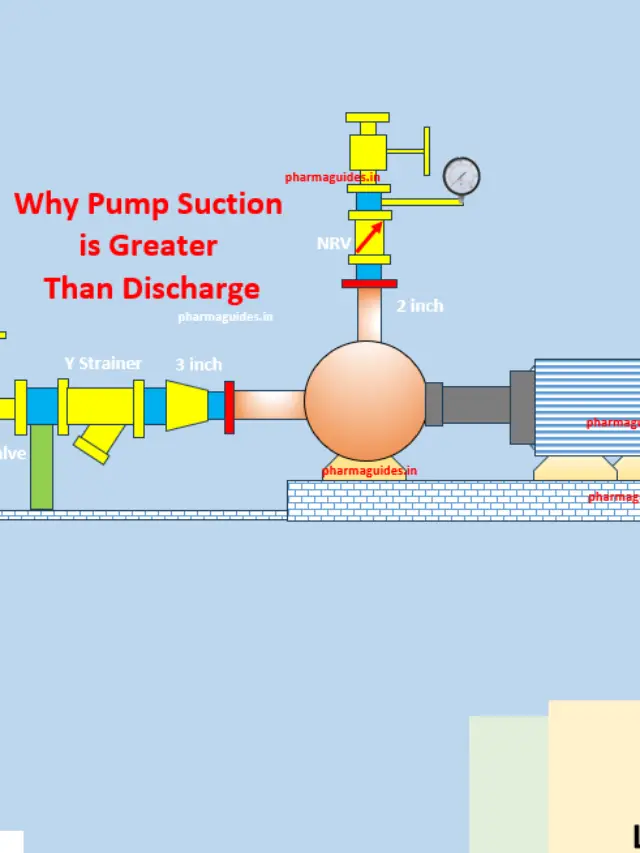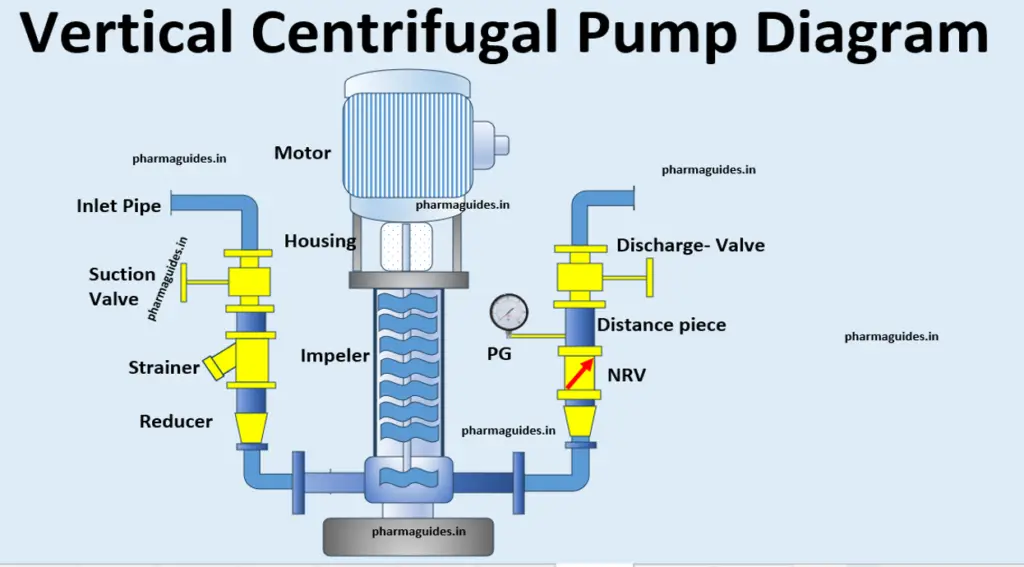Electrical Work Permit 2.0
Article Contents
Streamlining Safety: The Importance of an Electrical Work Permit
Electrical Work Permit
In the world of electrical work, safety is paramount. Whether it’s installing new electrical systems, making repairs, or performing maintenance tasks, ensuring the well-being of workers and the general public is crucial. One essential tool that promotes safety and accountability in electrical work is the electrical work permit. In this article, we will explore the significance of an electrical work permit, its purpose, and the benefits it offers to individuals and organizations involved in electrical installations and maintenance.
What is an Electrical Work Permit?

An electrical work permit is a legal document that grants permission for performing specific electrical tasks in a designated area. It is typically issued by local government authorities, building inspection departments, or regulatory bodies responsible for electrical safety. The permit outlines the scope of work, provides guidelines, and specifies safety measures that must be followed to ensure compliance with electrical codes and regulations.
Purpose of an Electrical Work Permit
- Safety Assurance: The primary purpose of an electrical work permit is to prioritize safety. By obtaining a permit, electrical contractors and workers demonstrate their commitment to adhering to safety standards and protocols, minimizing the risk of accidents, electrical shocks, fires, or other hazardous situations.
- Regulatory Compliance: Electrical work permits ensure that electrical installations and maintenance align with local, regional, and national electrical codes and regulations. They help maintain consistency, accountability, and uniformity in electrical practices, preventing substandard work and potential hazards.
- Documentation and Accountability: An electrical work permit serves as a legal document, providing a comprehensive record of the work carried out. It includes details such as the type of work, equipment used, workers involved, and inspection results. This documentation offers transparency, accountability, and a valuable reference for future inspections, audits, or troubleshooting.
- Professional Reputation: Obtaining an electrical work permit enhances the professional reputation of electrical contractors and organizations. It demonstrates their commitment to quality workmanship, compliance with regulations, and dedication to safety. This, in turn, can boost client trust, increase business opportunities, and foster long-term relationships.
Benefits of an Electrical Work Permit
- Risk Mitigation: By adhering to the safety measures outlined in the permit, the potential risks associated with electrical work are significantly reduced. This leads to a safer work environment for electrical workers, building occupants, and the general public, minimizing the chances of electrical accidents, injuries, or property damage.
- Code Compliance: Electrical work permits ensure that electrical installations and repairs are in line with established electrical codes. This helps prevent electrical system failures, malfunctions, or non-compliance issues that can result in costly repairs, legal penalties, or project delays.
- Quality Assurance: Obtaining an electrical work permit involves scrutiny of the proposed electrical work by regulatory authorities or building inspectors. This process ensures that the work meets the required standards, resulting in better quality installations, improved reliability, and long-term performance of electrical systems.
- Legal Protection: In the event of an electrical accident or failure, having an electrical work permit provides legal protection to contractors and organizations. It demonstrates that the work was performed in compliance with regulations and safety protocols, which can help mitigate potential liabilities and legal consequences.
People also ask
Q: What are the different types of work permits used?
A: Work permits can vary depending on the country and the nature of the work being performed. Here are a few common types of work permits:
- Employment-Based Work Permits: These permits are typically issued to foreign workers who have been offered employment by a company or organization in a different country. They allow individuals to legally work in the country for a specific duration and are often tied to a specific job or employer.
- Temporary Work Permits: These permits are granted for a limited period and are commonly used for short-term work assignments, seasonal jobs, or specific projects. They allow individuals to work legally in a country for a predetermined duration before they must leave or renew their permit.
- Permanent Work Permits: Also known as residency permits or work visas, these permits are granted to individuals who intend to work and live permanently in a foreign country. They often involve a more rigorous application process and may require meeting certain criteria, such as having a job offer, specific skills, or qualifications.
- Open Work Permits: Open work permits allow individuals to work for any employer in a country without being tied to a specific job or employer. These permits are usually granted in special circumstances, such as for spouses of foreign workers, international students, or individuals seeking asylum or refugee status.
- Sector-Specific Work Permits: Some countries have specific work permits for certain sectors or industries. For example, there may be separate permits for agricultural workers, healthcare professionals, or skilled tradespeople. These permits often have specific requirements and may be issued to address labor shortages or to regulate certain professions.
Q: What color is a work permit?
A: The color of a work permit can vary depending on the country and the specific regulations in place. In many cases, work permits are printed on white or off-white paper and may have additional security features such as holograms, watermarks, or barcodes to prevent fraud. However, it’s important to note that the color of a work permit is not universal, and it can differ from one country to another. It is best to consult the issuing authority or the specific regulations of the country in question to determine the color and appearance of their work permits, electrical work permit format.
Conclusion
Electrical work permits are indispensable tools in the world of electrical installations and maintenance. They prioritize safety, ensure regulatory compliance, provide documentation and accountability, and offer a range of benefits to electrical contractors and organizations. By obtaining an electrical work permit, professionals in the electrical industry demonstrate their commitment to excellence, safeguarding lives, properties, and reputations. Embracing this vital process not only enhances safety but also elevates the overall standard of electrical workmanship, ultimately benefiting individuals, businesses, and communities as a whole.
electrical permit to work template word











